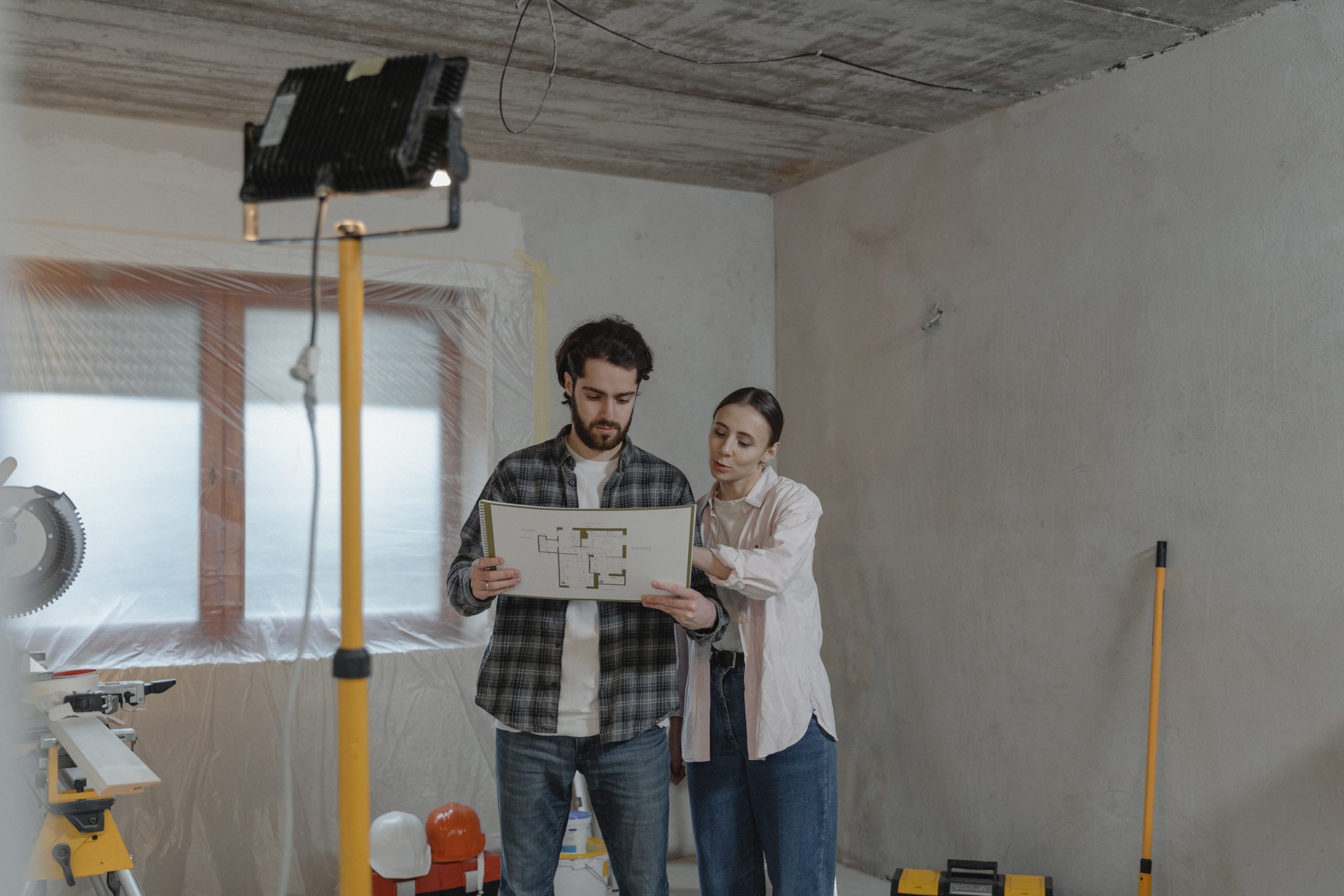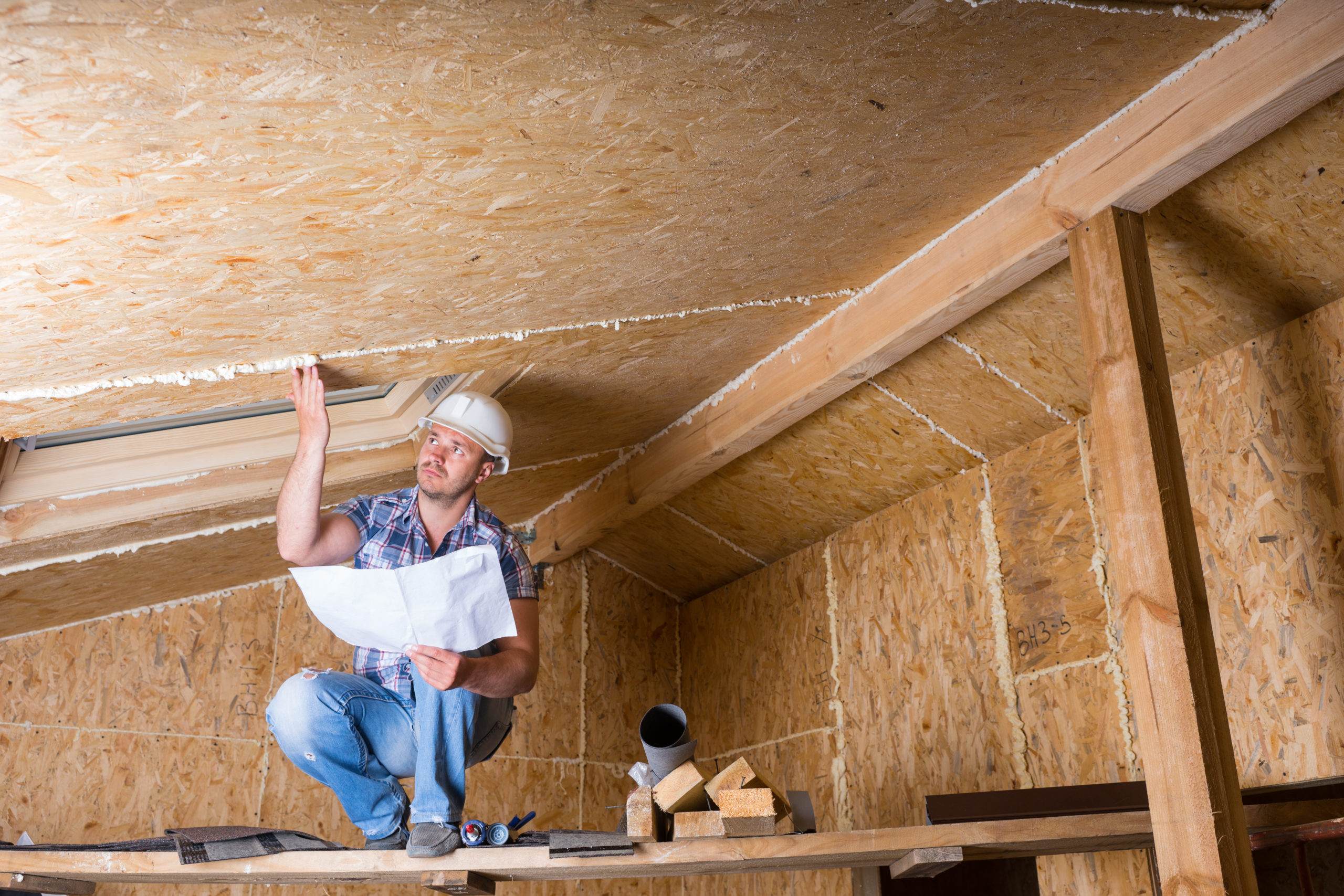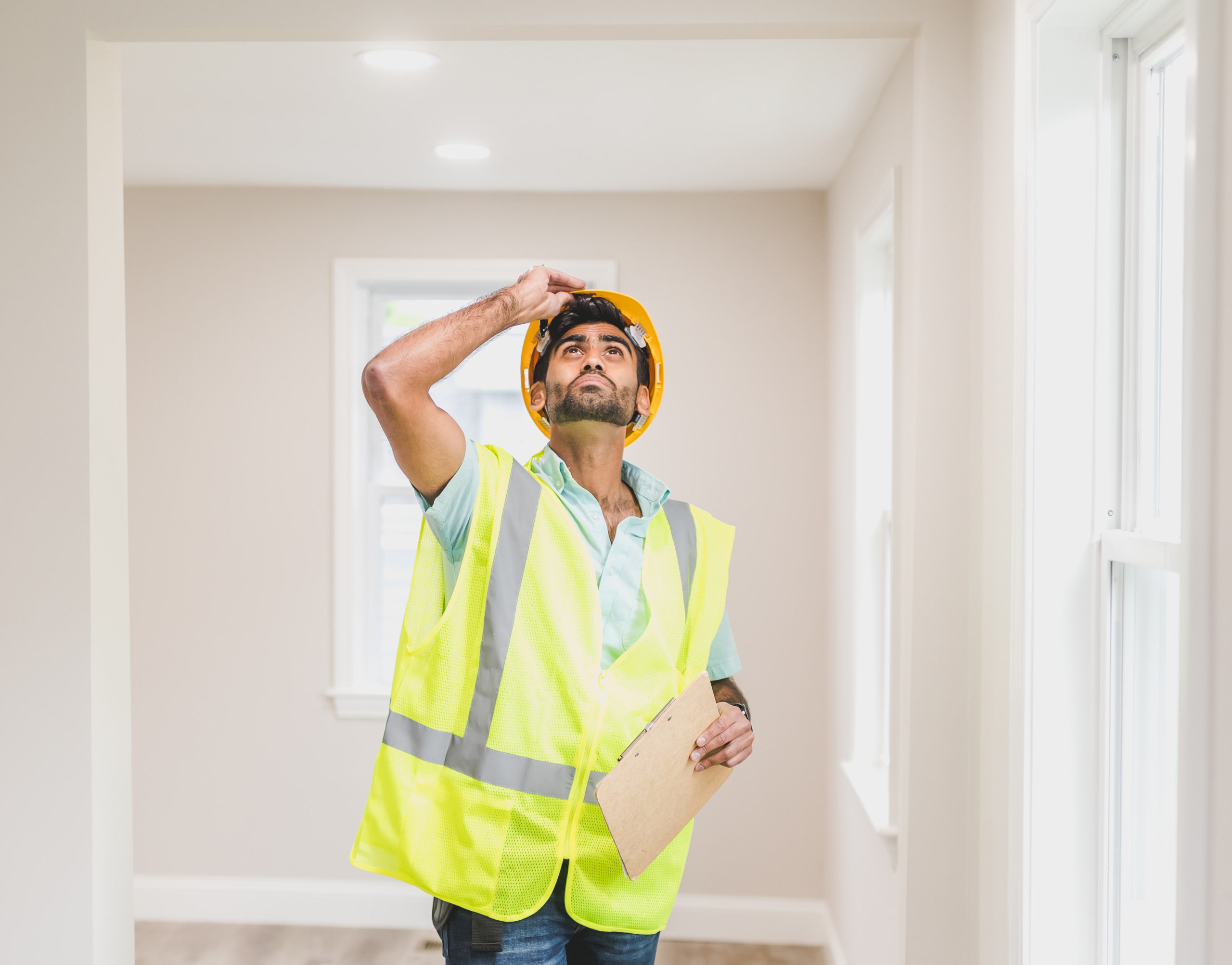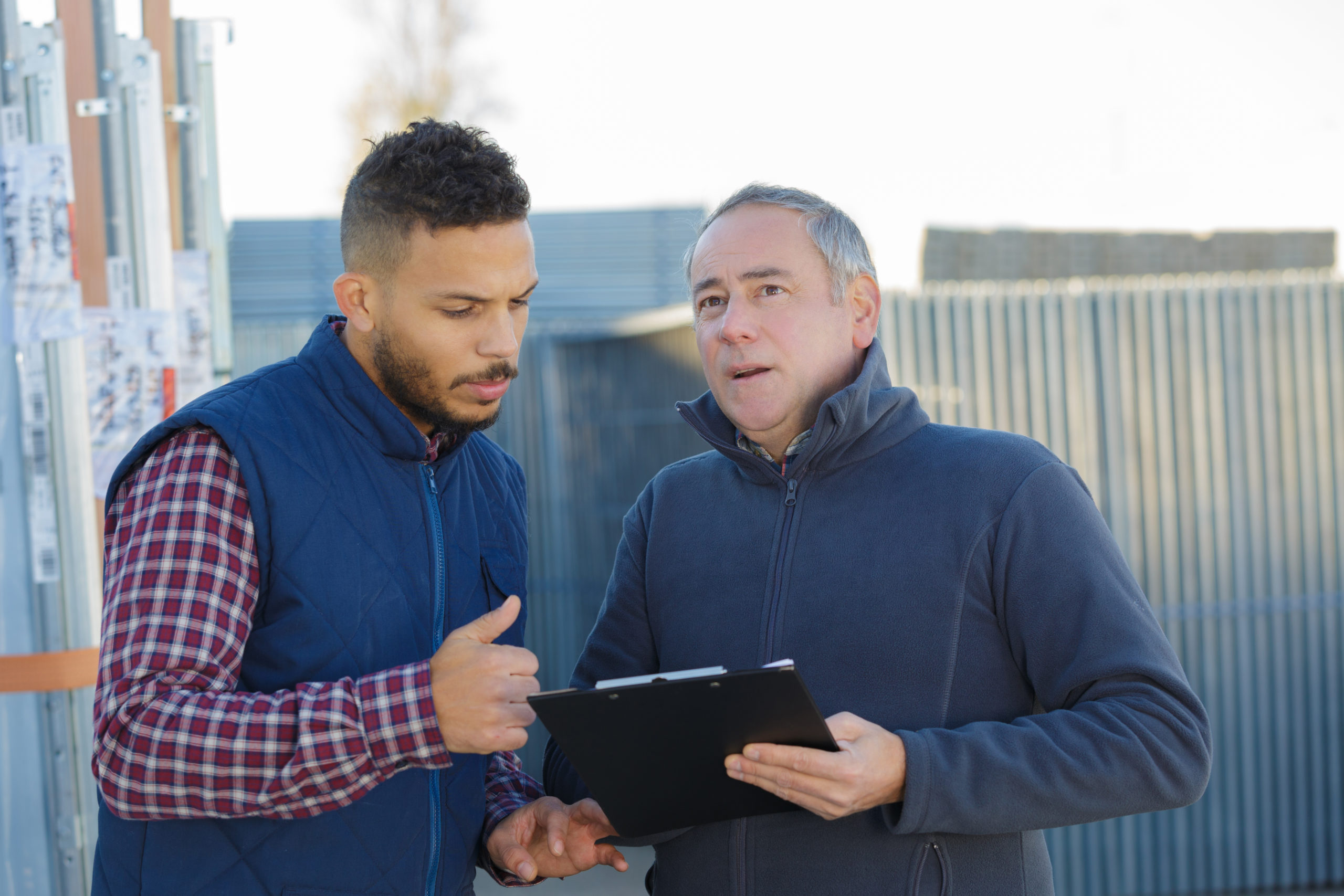Before buying or selling a home, a home inspection needs to be carried out. In this article, we answer frequently asked questions about home inspection.
What is Home Inspection?
A home inspection is a vital process that should be taken seriously by both the home seller and home buyer. It involves a cross-examination of the state of a home before it is put out for sale or bought. Home inspections are carried out by certified and legally trained personnel called Home Inspectors. They help in evaluating the conditions of a home through assessing different components. A proper home inspection gives a detailed assessment of the conditions of every part and component of a house. The result of a thorough home inspection helps both the home buyer and seller to determine the living conditions of the house and how much money could be used in repairs or replacements.
What Difference Exists Between Home Inspection And Home Appraisal?
A home inspection is not the same as an appraisal. A home appraisal is usually required and scheduled by the seller to determine the value of a property. This means that while a home inspector determines the home’s condition, a home appraiser determines the value of the property. However, a home inspection is usually one of the variables considered when valuing real estate for investment purposes.
How Important Is Home Inspection To The Home Buyer?
Before purchasing a house, a buyer should enlist the services of a home inspector. A home inspection is essential to the buyer as it saves the buyer the stress of having to make fixtures that may not have been visible at first. Home inspectors are legally and formally trained, and as such, they can see damages and assess home conditions that may seem normal to the untrained eye.
A home inspection is also pocket-friendly. It helps the buyer to save more money and regulates the negotiation process with the seller. A home inspection also prevents the buyer from falling into the hands of dubious sellers. During home inspections, buyers can explore their homes and ask questions during the process. This would give the buyer more information about the house he/she intends to buy.
How Important Is Home Inspection To The Home Seller?
For the seller, home inspection helps to determine the price at which the house can be put out for sale. It also hastens the negotiation process between the seller and buyer as the knowledge of the value of a house brings agreement on how much a house is worth. Home inspection also gives sellers the opportunity to put their house in proper order and perform needed repairs to make the house available for sale.
What Does Home Inspection Entail?
Home inspection entails a thorough inspection of the following components of a house:
- Structural Inspection: Structural inspection involves assessing the home from the foundation to the overall construction of the house. Structural inspections spot builder’s oversight and poor structural integrity during the course of building. Roofs, windows, floors and other parts are thoroughly checked.
- Interior and Electrical Inspection: The interior and electrical inspection covers the insides of a house from the cracks on the walls and flooring to the electrical appliances available and functioning in the house. It involves evaluating light fixtures, chimney, basement, ceilings, electrical outlets, and other major appliances. The HVAC system is also checked to see if it functions properly and is well fixed.
- Exterior Inspection: Exterior inspection covers the outer part of the house. Ranging from the gutters to other drainage systems, the outer roof, garage to the surrounding landscape like driveways, parks, walkways and fencing.
- Water and Plumbing: This involves inspecting the water system in the kitchen, the bathroom, the water heating system, the interior plumbing system and the toilet.
However, during home inspections, a home inspector only checks available spaces. Therefore, it is advisable to both seller and buyer to make the house ready for inspection. This can be done by moving items in the house to allow accessibility for the home inspector.
What Is Not Included In A Home Inspection?
Home inspections vary from place to place. What your home inspection looks like and what it will include and not include depends on who inspects your hour home, and the procedures they follow.
However, there are some things that are not included in a standard, general home inspection. Most general home inspections will not include checking for asbestos, radiation, wood-destroying organisms, mold, rodents, or pests. Most home inspectors generally do not inspect septic, sewer or waste systems. You may sometimes need the services of a roof and sewer inspector to know more about the condition of your roof and sewer system.
Some home inspectors might have the training and certification to perform additional home inspections to the general home inspection, but in cases where such are not available, you might need to hire additional professionals who are specialized in such areas to do these inspections for you.
What Is Included In A Home Inspection Report?
A good home inspection report is very extensive and comprehensive. It contains checklists, photographs, summaries and notes. It can also contain information about recommended repairs and replacements as well as an estimate of the remaining useful life of major equipment and systems.
Can A House Fail A Home Inspection?
A home inspector is only trained to assess the conditions of the parts of a house and cannot pass or fail a house based on an inspection. A home inspector only points out parts of the house that would need repairs, fixing or replacement. The role of a home inspector is to make the buyer fully aware of the condition of a house and to have a sound knowledge of the risk and health concerns involved in living in the house, that could influence the buyer’s decision. A home inspector does not tell the buyer to proceed with the purchase of the house or not, but the inspector’s report could influence the buyer’s decision.
What Home Inspection Issues Should A Home Seller Know About?
Your home does not need to be perfect before a reasonable buyer will agree to purchase it but there are some issues that could hinder the sale of your home. Some of these issues when discovered by the house inspector could bring an end to negotiations. These issues include structural problems, water and drainage issues, wall cracks, wiring and electrical issues, plumbing issues, lead paint, bad roof, insects and pests issues.
How Long Does A Home Inspection Take?
Home inspections generally take two to four hours, but it could take longer or shorter duration depending on the size of the house. It is however advisable for the client to be around while the home is being inspected as this would provide the client valuable information on the state of things in the house.
What Comes Next After Home Inspection?
A home inspection influences the decision of a buyer. After inspecting a house, it is left for the buyer to decide if he/ she wants to proceed with the purchase. If the buyer is satisfied with the home inspection report, a room for negotiation could be created with the seller and the purchase could be finalized. A home inspector should also be able to give recommendations on next steps to be taken after the inspection.
How Much Does A Home Inspection Cost?
There is no fixed price for a home inspection; it varies from place to place and time to time. Different factors could determine the price of a home inspection; the location, the size of the house to be inspected, how old the house is, the cost of living and other additional but optional services the inspector may be involved in, such as well, septic or radon testing and inspection are few factors that could determine the cost.
However, the price of home inspections should not deter your interest in home inspections as it would prove necessary in the long run. It would be worth paying more for a good and excellent inspection than to go for a lower cost and less qualified one that could prove more expensive later due to future expenses. You could also ask people to provide you with estimates before engaging their services.
How Do I Get A Trusted Home Inspector?
A home is a considerable investment; getting the right person to do your inspections is very important and would save you tons of expenses. Going on the internet could do the trick in no time, but then you would be getting just a home inspector and not a trusted home inspector. Before choosing a home inspector, do research, possibly a profile check on the person through sample reports, credentials, and asking questions. Getting the right home inspector could bridge the gap for last-minute expenses at a later time.
Conclusion
Homes are integral parts of our lives, and getting a good place to stay is very important. Home inspection assists you with this cause by helping evaluate the state of accessible parts of your house as a buyer or a seller.
By putting together a list of frequently asked questions, you now have a better understanding of what a standard home inspection entails.
If you are looking for a home inspector in Schaumburg or anywhere else in the Chicagoland area, contact us today!





